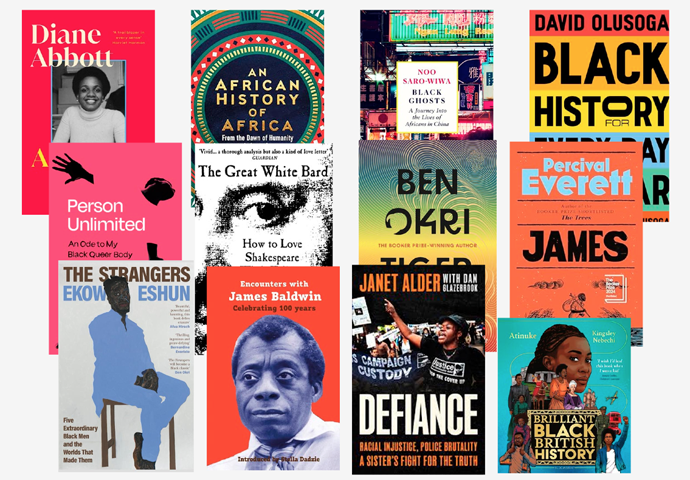
Black History Month offers the opportunity to celebrate the rich cultural heritage, history, and achievements of black people. This year’s theme is Reclaiming Narratives. Here are 12 recently published books that explore diverse experiences and voices and reclaim narratives
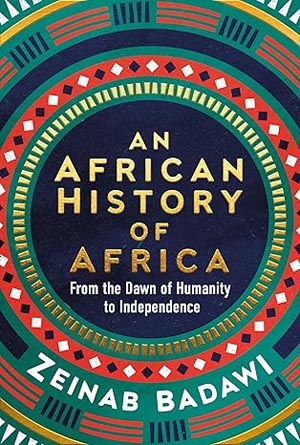
• Zeinab Badawi’s An African History of Africa: From the Dawn of Humanity to Independence (WH Allen) guides us through Africa’s history – from the origins of our species, through ancient civilisations and medieval empires with remarkable queens and kings, to the miseries of conquest and the elation of independence. Visiting more than 30 African countries, interviewing countless historians, anthropologists, archaeologists and local storytellers, Badawi unearths buried histories from across the continent and gives Africa its rightful place in our global story. A comprehensive account of the oldest inhabited continent on the planet, told through the voices of Africans themselves.
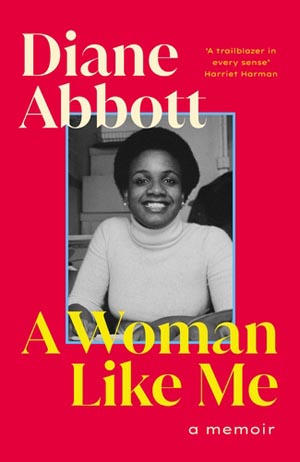
• In her memoir, A Woman Like Me (Viking), Diane Abbott, the first black woman MP, paints a vivid picture of growing up in 1960s north London with her working-class Jamaican parents, before entering the hallowed halls of Cambridge University to study history. Abbott has been a vocal champion for increasing access to education for Black children and regularly advocates for refugees and immigrants. She has also endured substantial abuse in the media and been shunned by the political establishment, including by her own party.
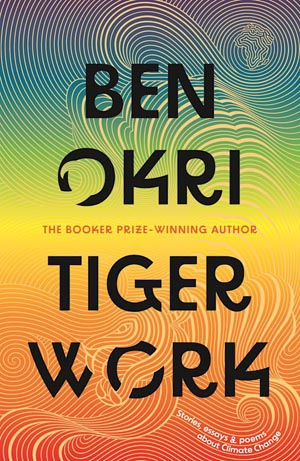
• If we continue to live as we do now, there will be no world left for us to fix, Booker Prize-winner Ben Okri argues in this collection of fiction, essays and poetry. Tiger Work: stories, essays and poems about climate change (Bloomsbury) blends storytelling, fantasy and magic in Okri’s inimitable style.
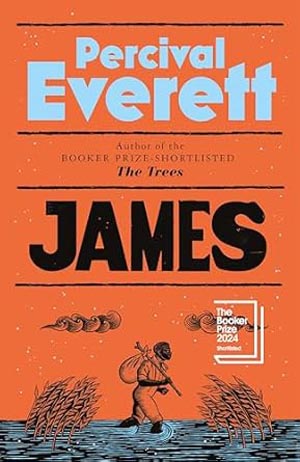
• Percival Everett’s James (Pan Macmillan), shortlisted for this year’s Booker Prize, reimagines Mark Twain’s classic Huckleberry Finn (first published in 1885) from Jim’s perspective. Although a grim account of the pernicious and brutal treatment of slaves, James is shot through with wry humour. We discover James (Everett reinstates his full name) can read and write. He employs a slave dialect around white people and has imagined conversations with Voltaire, Rousseau and Locke.
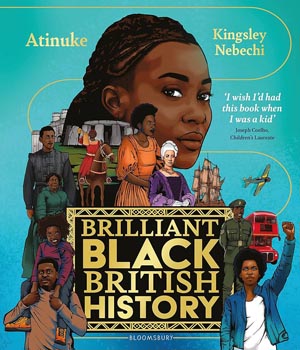
• From science and sport to literature and law, Brilliant Black British History (Bloomsbury), by Atinuke and illustrated by Kingsley Nebechi, celebrates the talented black people who have helped build Britain. Suitable for children aged 7+, the book explores key and complex historical topics such as the world wars, slavery, the industrial revolution, Windrush and the Black Lives Matter movement, and promises to change everything you thought you knew about our green-grey British isles.
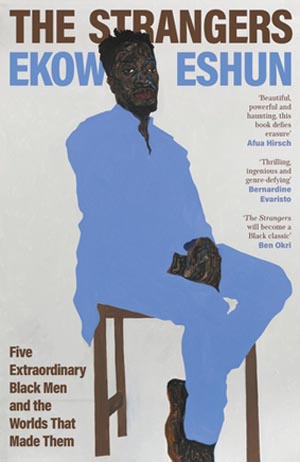
• Ekow Eshun’s The Strangers: Five Extraordinary Black Men and the Worlds That Made Them (Hamish Hamilton) is an intimate portrait of five remarkable black men, and a meditation on race, estrangement and the search for home. Ira Aldridge, 19th-century actor and playwright; Matthew Henson, polar explorer; Frantz Fanon, psychiatrist and political philosopher; Malcolm X, activist leader; Justin Fashanu, million-pound footballer. All trailblazers. Each of them haunted by a sense of isolation and exile and reaching for a better future.
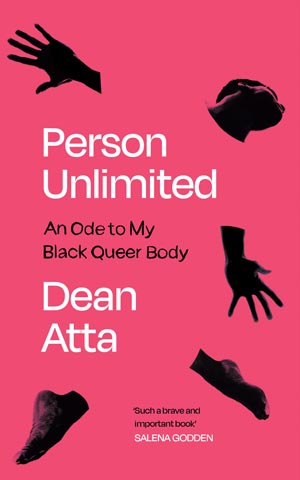
• From choirboy to drag act, grandson to mentor, poet to lover, Dean Atta has played many roles in his life. In Person Unlimited: An Ode to My Black, Queer Body (Canongate), a candid and courageous book, the award-winning author and performance poet explores what he has carried in his body – the wins and losses, shame and pride, pain and joy.
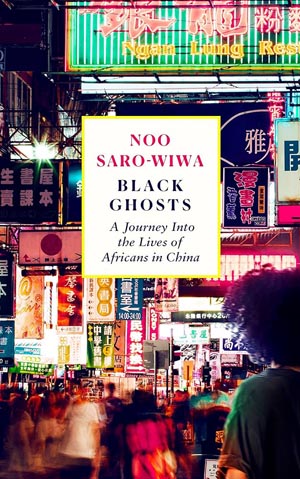
• In Black Ghosts: A Journey into the Lives of Africans in China (Canongate) travel journalist, Noo Saro-Wiwa explores the experience of African immigrants in China, once Africa’s largest trading partner. Guangzhou was a leading market for wholesale buyers, but contributed to the sub-Saharan textile market collapse. Now Nigerian retailers come to China for cheap clothes. The social media app WeChat translates the term hei gui/hak gwei as “black ghost”, or “devil”. During the pandemic Africans were brutally scapegoated and left China in their thousands. They may never return in the same numbers but Saro-Wiwa believes their legacy will endure.

• The Great White Bard: How to Love Shakespeare While Talking About Race (Oneworld) by Farah Karim-Cooper combines piercing analysis of race, gender and otherness in Shakespeare’s beloved plays, from Othello to The Tempest, with a radical reappraisal of Elizabethan London and its playhouses.

• The death of Christopher Alder in police custody was followed by the destruction of evidence, a dubious investigation and illegal surveillance. Christopher’s sister Janet has been relentlessly fighting for justice for decades, and fearlessly holds the UK’s state institutions to account in Defiance (Dialogue Books), written with Dan Glazebrook.
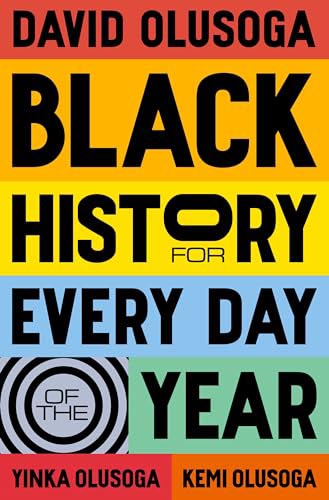
• Packed with quotes, poems, and pictures, Black History for Every Day of the Year (Pan Macmillan) by David Olusoga and Yinka Olusoga, illustrated by Kemi Olusoga, promises new insights about well-known figures and inspirational unsung heroes. The book explores stories of hope, connection and creativity, alongside tales of racism, resistance and celebration – from the 19th century anti-slavery movement, to the First and Second World Wars, to the Harlem Renaissance, Stormzy, Simone Biles and beyond.
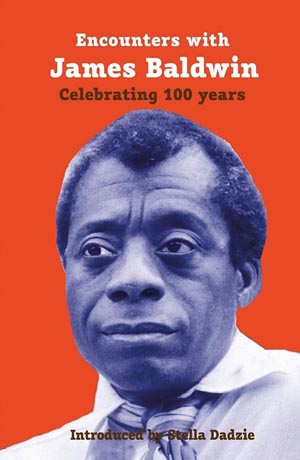
• Penguin Classics has reissued the iconic African American author James Baldwin’s books for his centenary year and a box set of James Baldwin’s principal novels including Go Tell It on the Mountain, Giovanni’s Room, and If Beale Street Could Talk. A new international anthology Encounters with James Baldwin: Celebrating 100 Years (Supernova Books) features essays, poetry, interviews, and vignettes by five authors who met Baldwin – Anton Phillips, Fred D’Aguiar, Rashida Ismaili AbuBakr, Lindsay Barrett, Ray Shell – and other notable contributors.